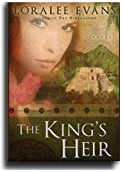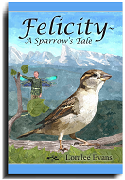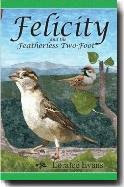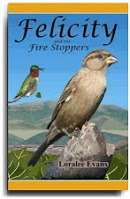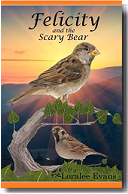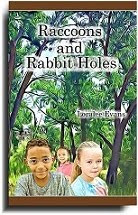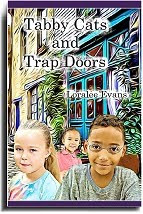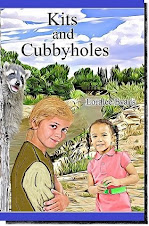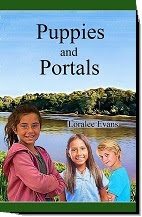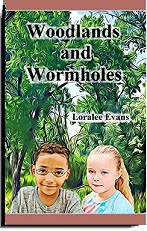 |
| Fred (played by Steven MacIntosh) in A Muppet Christmas Carol (c)1992 |
He is an important character, because he gives the audience the opportunity to see that Scrooge at the beginning of the story is truly a miserly, hard-hearted man. He isn't spending Christmas alone because he has no other choice, he's spending Christmas alone because he chooses to do so.
Despite the cold way Scrooge treats him, Fred keeps trying. One can see how much of his mother he has in him the way he is constantly cheerful, and completely unoffended by Scrooge's curt dismissal. I honestly don't know if it's a difficult thing for him, or if it's something that just comes naturally. Does he have to grit his teeth mentally to keep from stooping to Scrooge's level, or is his good nature something that is an inborn part of his character, and it's easy for him to be nice, even when others aren't? I honestly don't know. Either way, I like Fred. He is a sincere, genuine person who really cares about Scrooge, and means what he says when he tells Scrooge, "I ask nothing of you. I want nothing from you. Why can't we be friends?"
He isn't doing what he's doing in the hope of buttering Scrooge up with the expectation of getting his wealth when Scrooge dies. If he did that, he wouldn't be doing something that he knows Scrooge doesn't want him to do. (Asking him to Christmas dinner year after year, and probably dropping in cheerfully now and then throughout the year to check on him and ask him to other gatherings.) If he was interested in buttering Scrooge up, he'd do something with which Scrooge was more comfortable, or something that would impress Scrooge, not clearly annoy him (but which Fred knows would be good for Scrooge in the end).
Towards the end of the story, when a penitent Scrooge shows up at Fred's house, hoping to come to dinner, Fred doesn't hesitate to make him welcome, shaking his hand so gleefully that "It (was) a mercy he didn't shake his arm off." His forgiveness of Scrooge is without hesitation and immediate. Again, I think it's his mother coming out in him again.
Of Fred's lines, my most favorite is the one when Scrooge is berating Christmas and says of the holiday, "Much good may it do you. Much good it has done you," Fred replies with, "There are many things from which I might have derived good, by which I have not profited, I dare say. Christmas among the rest. But I am sure I have always thought of Christmas time, when it has come round--apart from the veneration due to its sacred name and origin, if anything belonging to it can be apart from that--as a good time; a kind, forgiving, charitable, pleasant time; the only time I know of, in the long calendar of the year, when men and women seem by one consent to open their shut-up hearts freely, and to think of people below them as if they really were fellow passengers to the grave, and not another race of creatures bound on other journeys. And therefore, uncle, though it has never put a scrap of gold or silver in my pocket, I believe that it has done me good, and will do me good; and I say, God bless it!"
Fred embodies the true meaning of Christmas. Both that it celebrates the birth of Jesus Christ, and additionally, that it is a time to remember that people have value, and we need to treat them as they do. That's good advice not only for Christmas time, but for all the year!
*******
Dickens, Charles. A Christmas Carol. 1843. Print.
Henson, Brian. The Muppet Christmas Carol. Jim Henson Productions. Walt Disney Pictures. 1992. Film.





